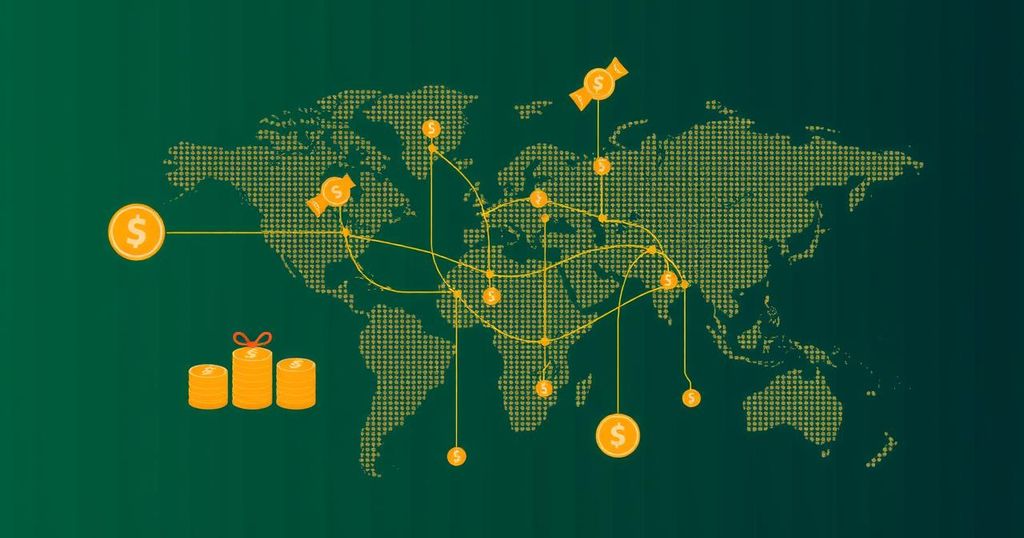Africa’s Role in Shaping a Fairer Global Financial Landscape

Carlos Lopes discusses Africa’s financial landscape, suggesting that its real challenge lies in liquidity access rather than overwhelming debt. He advocates for regulatory reforms in credit rating and banking systems to enhance Africa’s economic potential. Lopes emphasizes the continent’s opportunities related to climate, demographics, and technology, urging for a more inclusive approach at the 2025 Financing for Development conference in Spain.
In an insightful interview, Carlos Lopes, an esteemed economist and former Executive Secretary of the UN Economic Commission for Africa, shared his expertise regarding Africa’s current economic challenges and its potential to influence a more equitable global financial system. Lopes emphasized that Africa’s debt situation is more about liquidity access than overall debt burden, as the continent’s debts are significantly lower than what the global financial system could accommodate. He argued against oversimplified assessments of Africa’s fiscal constraints, highlighting the need for better regulatory practices for credit rating agencies and a reevaluation of banking regulations that currently inhibit African economic growth. Furthermore, Lopes pointed out the vital opportunities Africa possesses, such as its unique climate resources, youthful demographic, and technological potential. He concluded by asserting the importance of Africa’s participation in shaping discussions at the upcoming International Conference on Financing for Development in 2025, focusing on reforms that would drive the continent towards a robust and inclusive financial architecture.
The interview with Carlos Lopes addresses critical fiscal challenges facing African economies amidst ongoing discussions for the Fourth International Conference on Financing for Development set to take place in Seville, Spain. Lopes emphasizes that Africa’s financial issues stem from complications surrounding liquidity and unfair credit assessments rather than a dire debt crisis. As Africa seeks to leverage its immense potential—through climate initiatives, demographic advantages, and technological advancements—it becomes increasingly necessary for the continent to advocate for systemic reforms in the global financial architecture that would foster inclusivity and fairness.
In summary, Carlos Lopes highlights Africa’s imperative role in reshaping the global financial system, emphasizing the continent’s advantages and need for systemic change rather than superficial solutions. By acknowledging its fiscal challenges and opportunities in climate, youth demographics, and technology, Lopes asserts that Africa can play a significant part in advocating for reforms during the upcoming conference, prioritizing domestic resource mobilization and collaborations that extend beyond conventional financial frameworks.
Original Source: www.un.org








